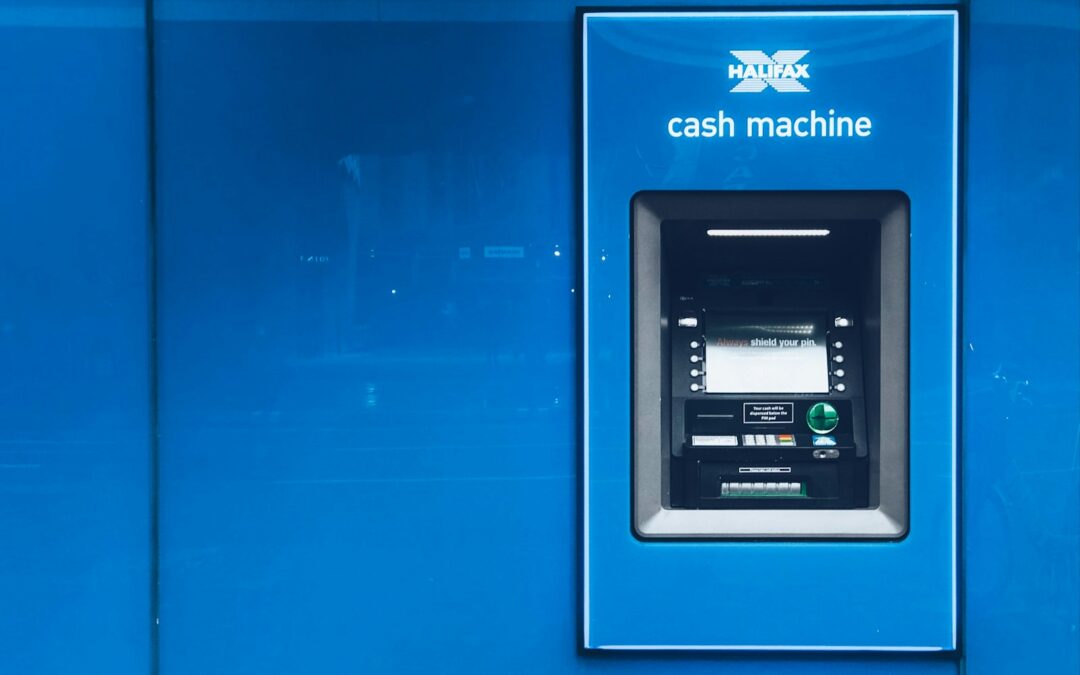Driving Financial Access through Innovation
The Potential of Open Banking in Saudi Arabia and the UAE
Open Banking for Financial Inclusion has the potential to transform the financial landscape in Saudi Arabia and the UAE. By leveraging modern technology, open banking provides access to banking and financial services for underserved populations, driving financial inclusion and economic growth. This innovative approach to banking allows third-party developers to build applications and services around financial institutions, thereby offering more personalized and accessible financial products.
In regions like Riyadh and Dubai, where financial inclusion is a strategic priority, open banking can play a crucial role in bridging the gap between traditional banking services and the needs of underserved communities. By enabling secure data sharing between banks and third-party providers, open banking fosters a competitive environment where financial services can be tailored to meet the specific needs of individuals and small businesses. This, in turn, helps to integrate more people into the formal financial system, providing them with the tools needed to manage their finances effectively.
Moreover, open banking in the Middle East is supported by strong regulatory frameworks that ensure data security and consumer protection. This regulatory support is essential for building trust among consumers and encouraging the adoption of open banking services. As Saudi Arabia and the UAE continue to embrace digital transformation, open banking stands out as a key enabler of financial inclusion, driving innovation and economic development across the region.
Enhancing Financial Access with Modern Technology
The integration of modern technology in open banking is pivotal in enhancing financial access for underserved populations. In Saudi Arabia and the UAE, advancements in artificial intelligence (AI), blockchain, and the Internet of Things (IoT) are being leveraged to create more efficient and inclusive financial systems. These technologies enable the development of innovative financial products that cater to the unique needs of diverse customer segments.
AI, for instance, can analyze large volumes of data to provide personalized financial advice and credit scoring, helping individuals and small businesses make informed financial decisions. In Riyadh and Dubai, AI-driven financial services are making it easier for people to access loans, savings accounts, and insurance products tailored to their specific circumstances. This personalization is crucial for reaching underserved populations who may not have had access to traditional banking services.
Blockchain technology also plays a significant role in open banking by ensuring the security and transparency of financial transactions. In regions like Riyadh and Dubai, where trust in financial systems is paramount, blockchain provides a decentralized and immutable ledger that can securely record all transactions. This transparency builds trust among consumers and encourages the use of digital financial services, further promoting financial inclusion.
Additionally, IoT devices can facilitate financial transactions and data collection in remote and underserved areas. For example, IoT-enabled point-of-sale devices can extend the reach of banking services to rural areas, allowing more people to participate in the formal economy. By leveraging these modern technologies, open banking in the Middle East is creating a more inclusive financial ecosystem that empowers individuals and businesses alike.
Business Success and Leadership in the Era of Open Banking
The adoption of open banking is not only driving financial inclusion but also fostering business success and innovation in the Middle East. In Saudi Arabia and the UAE, businesses are recognizing the potential of open banking to streamline operations, enhance customer experiences, and unlock new revenue streams. Effective leadership and management skills are essential for navigating this evolving landscape and leveraging open banking to its fullest potential.
Business executives and mid-level managers in Riyadh and Dubai must understand the strategic implications of open banking and develop the skills needed to lead their organizations through this digital transformation. This includes staying informed about the latest developments in financial technology, regulatory changes, and consumer trends. By fostering a culture of innovation and continuous learning, leaders can ensure that their organizations remain competitive and responsive to market demands.
Project management practices are also evolving in response to the opportunities presented by open banking. Managers must adopt agile methodologies to oversee the development and deployment of open banking solutions, ensuring that projects are delivered on time and within budget. This agility is crucial for responding to the fast-paced changes in the financial services industry and capitalizing on emerging opportunities.
Furthermore, effective leadership in the era of open banking involves fostering collaboration and partnerships with fintech companies, regulators, and other stakeholders. By building strong relationships and leveraging the expertise of various partners, businesses in the Middle East can drive innovation and create value for their customers. This collaborative approach is essential for navigating the complexities of open banking and ensuring long-term business success.
The Future of Open Banking and Financial Inclusion
The future of open banking in the Middle East is bright, with significant potential to drive financial inclusion and economic growth. As Saudi Arabia and the UAE continue to invest in digital infrastructure and regulatory frameworks, the adoption of open banking is expected to accelerate. This will create new opportunities for businesses, consumers, and the broader economy.
One of the key trends shaping the future of open banking is the integration of generative artificial intelligence. This advanced form of AI can create highly personalized financial products and services, further enhancing the accessibility and relevance of open banking solutions. In regions like Riyadh and Dubai, generative AI has the potential to revolutionize financial services, making them more inclusive and customer-centric.
Additionally, the metaverse is emerging as a new frontier for financial services. By creating virtual environments where people can interact, transact, and access financial services, the metaverse offers new opportunities for financial inclusion. In the Middle East, businesses and regulators are exploring the potential of the metaverse to create immersive and accessible financial experiences for all.
The continued development of blockchain technology will also play a crucial role in the future of open banking. As blockchain becomes more integrated into financial systems, it will enhance the security, transparency, and efficiency of transactions. This will further build trust among consumers and encourage the adoption of open banking services.
Conclusion: Embracing Open Banking for a More Inclusive Future
Open Banking for Financial Inclusion has the potential to transform the financial landscape in Saudi Arabia and the UAE. By leveraging modern technology and fostering collaboration, open banking provides access to banking and financial services for underserved populations, driving economic growth and innovation. As businesses and regulators in Riyadh and Dubai embrace this digital transformation, they are creating a more inclusive financial ecosystem that empowers individuals and businesses alike. The future of open banking is bright, and by staying informed and leveraging these technologies, business executives, mid-level managers, and entrepreneurs can ensure their success in this evolving landscape.
#OpenBanking #FinancialInclusion #ModernTechnology #MiddleEastFinance #RiyadhInnovation #DubaiFintech #AIinBanking #BlockchainFinance #BusinessLeadership #ProjectManagement























